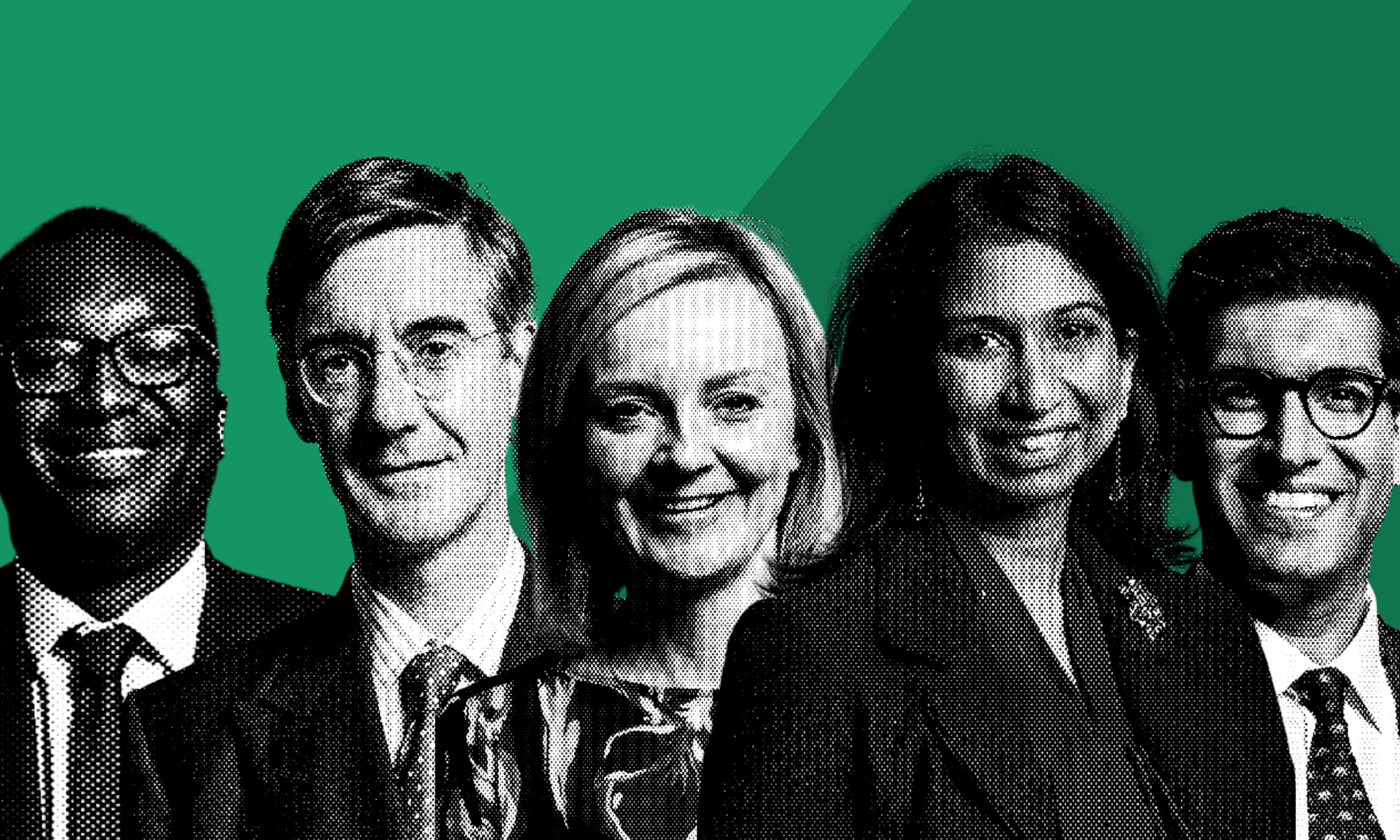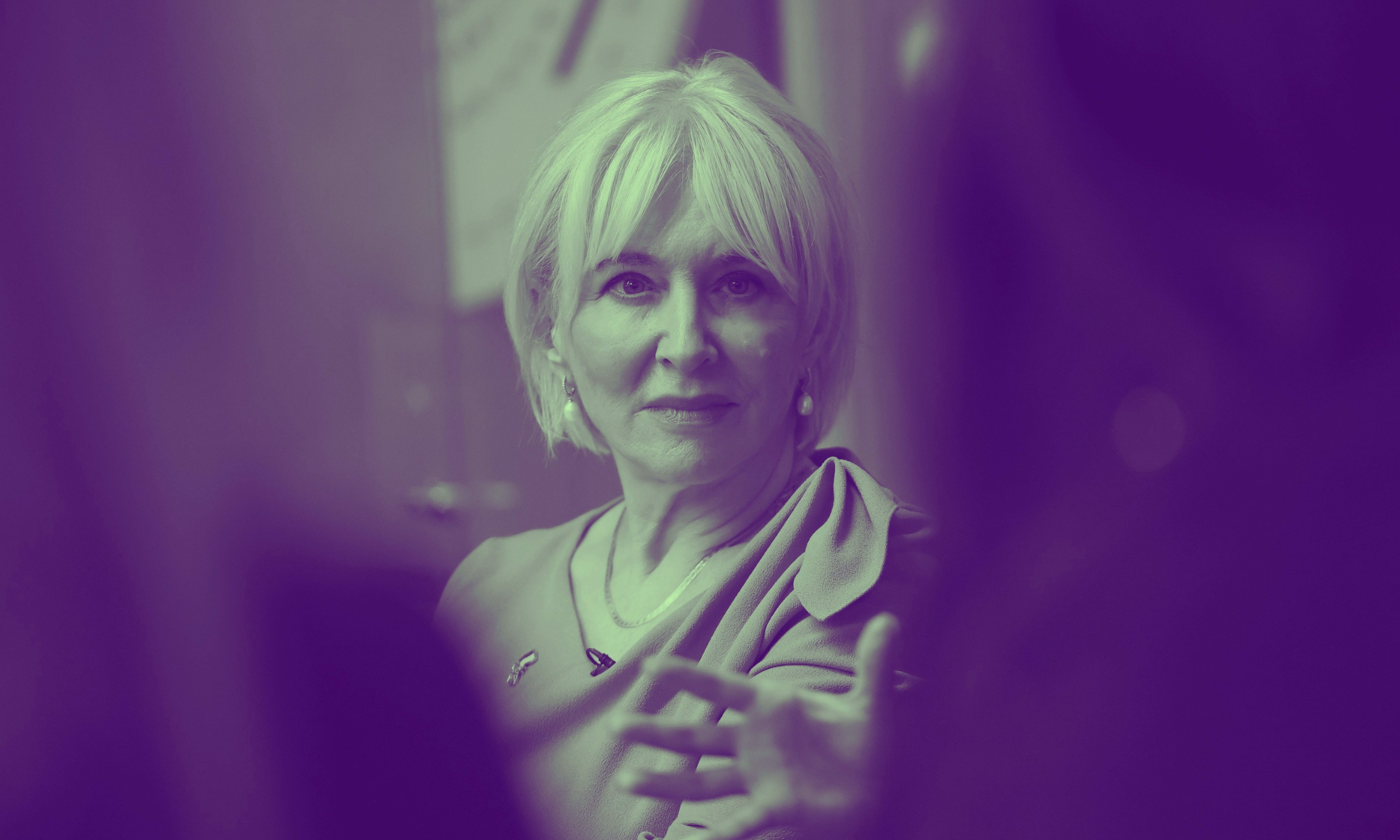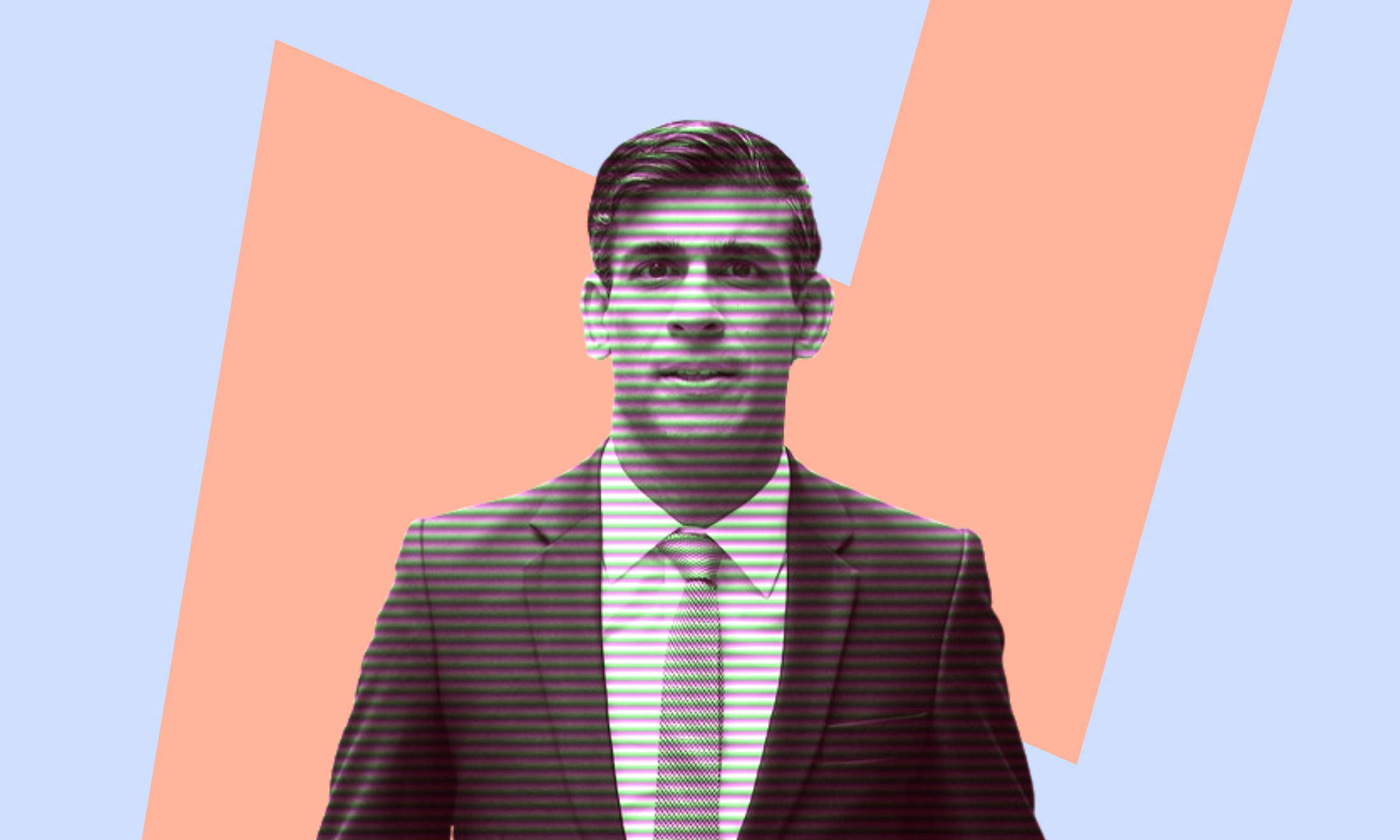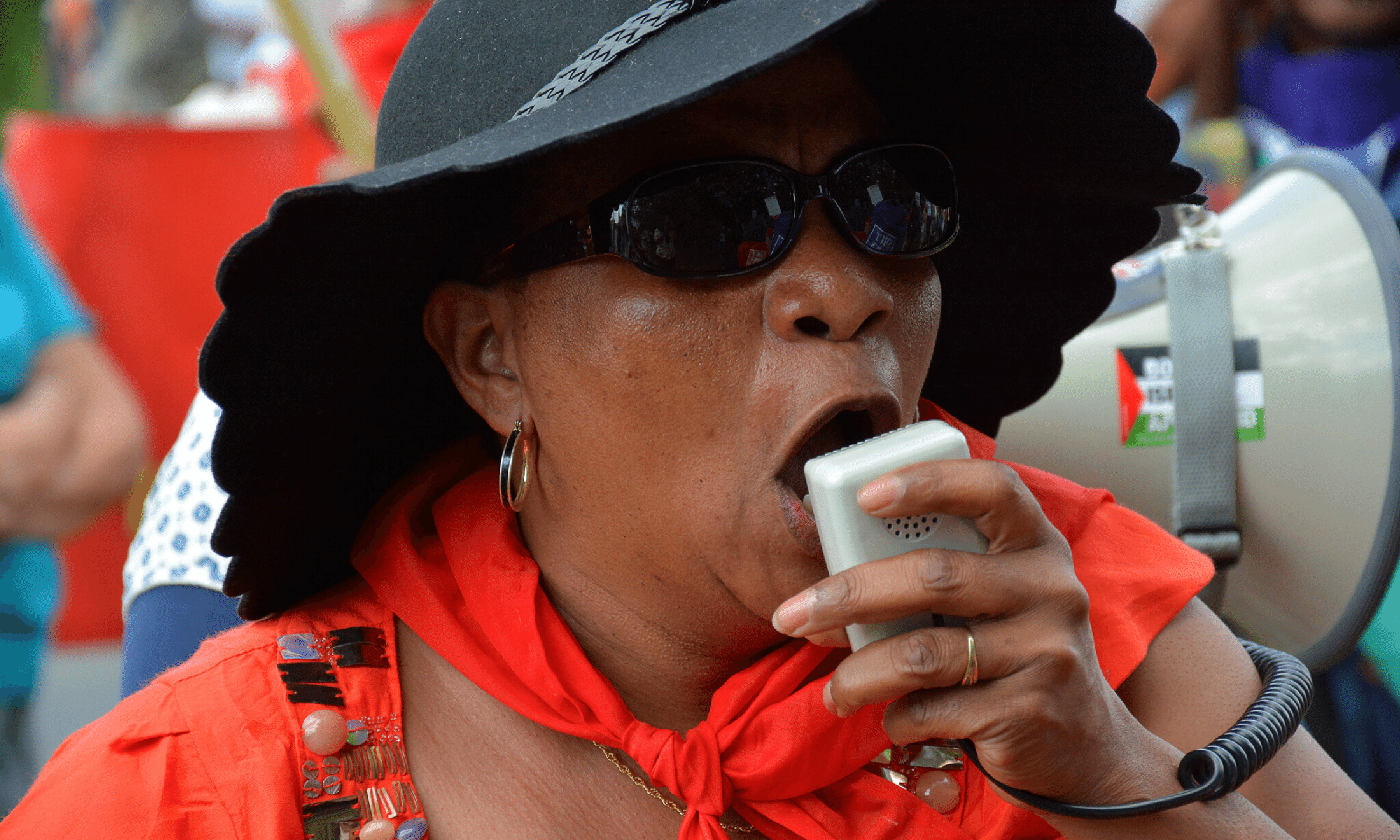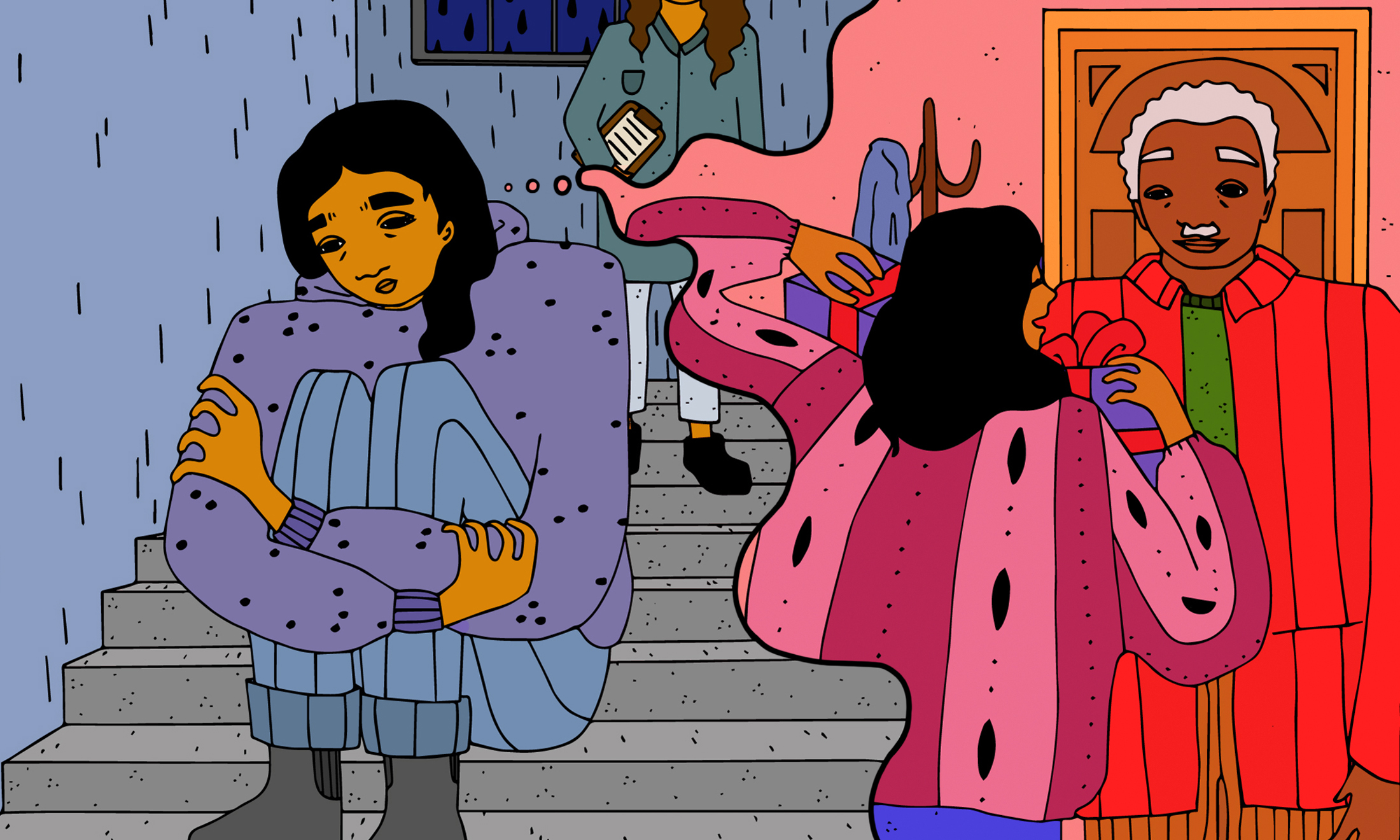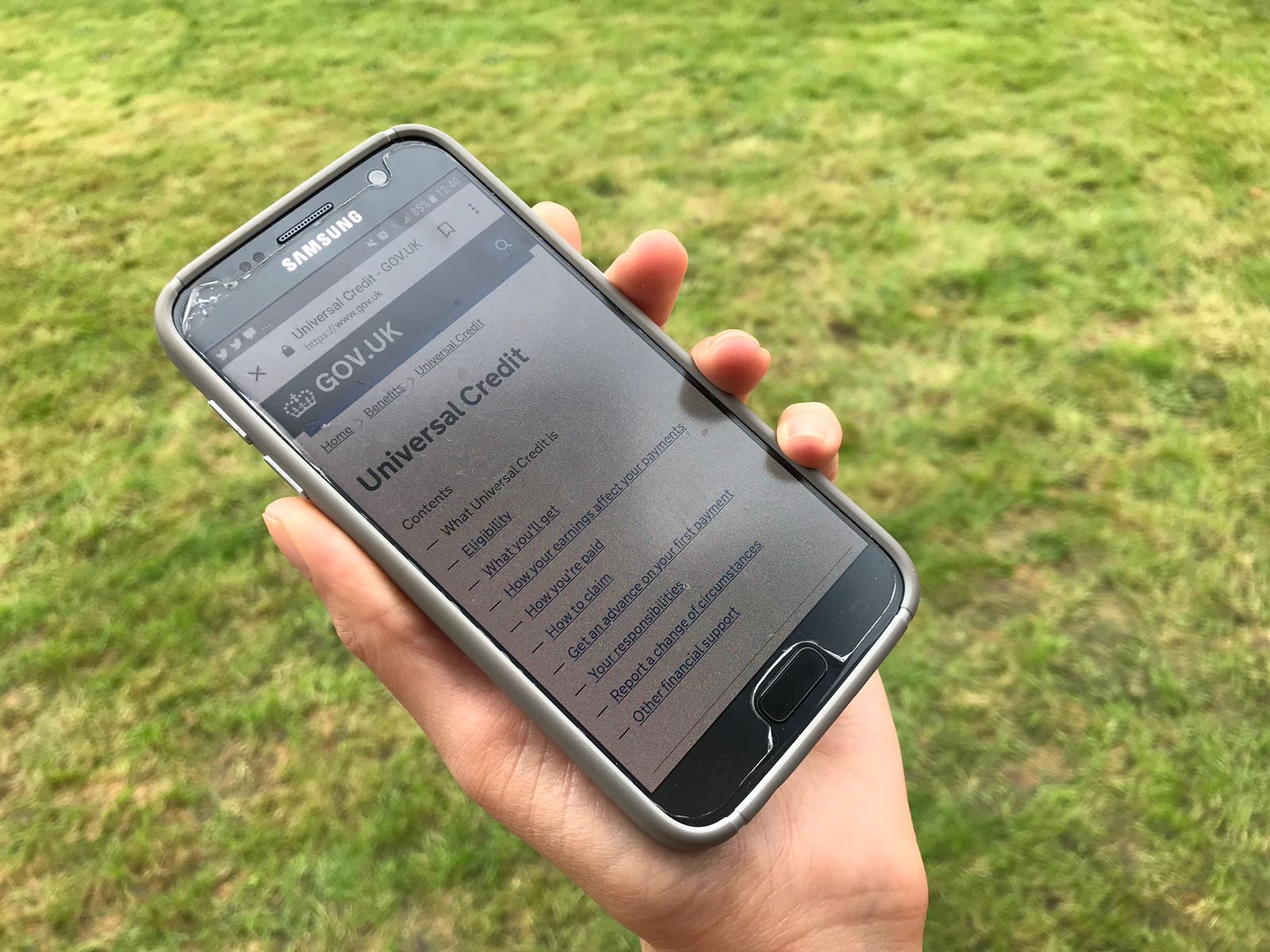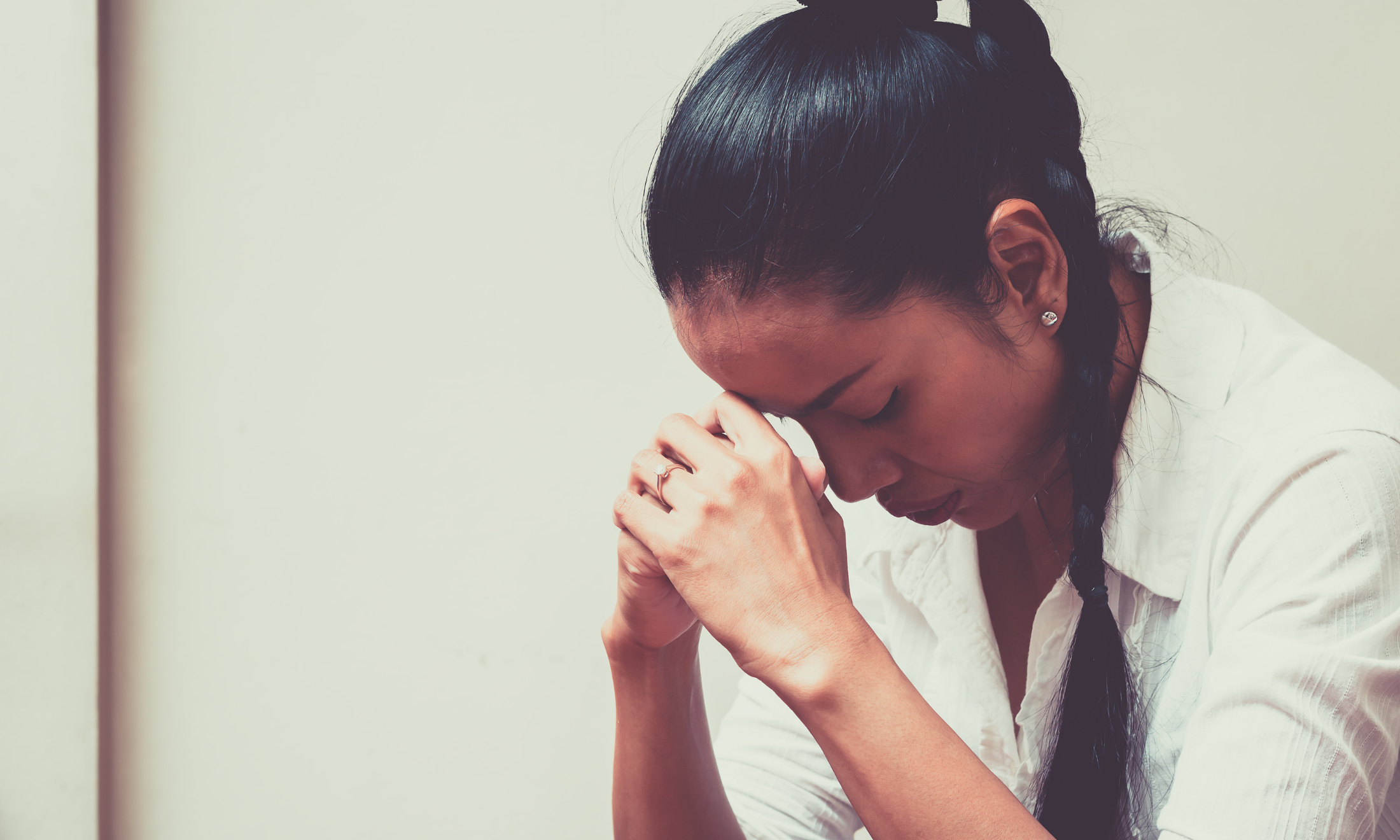
Canva
For Universal Credit recipients like me, scrapping the £20 uplift is another way to punish people in poverty
The government's decision to remove a lifeline just adds to the existing cruelty of a broken system, says UC recipient Catherine
Catherine
15 Sep 2021
A can of beans, and a nearly empty bag of rice. On the table are the piles of bills I still need to pay. Life with Universal Credit is tough. And if that wasn’t enough, the government wants to cut the benefit payment by £20 a week, starting next month.
I’m a mum of three, and we are one of the 5.5 million families dependent on Universal Credit, the controversial system that replaced six separate means-tested state benefits and tax credits in 2013. I started claiming Universal Credit in 2018 while I was studying part-time. Even though I had a job, every paycheck only just covered key bills, like travel, food and energy. After they were paid for, I found myself left with no money within a week or two.
Living month to month on Universal Credit (UC) can be tight – if I have anything other than ‘basic needs’, I have to sacrifice something else to afford it. Under UC, ‘basic needs’ are highly racialised; for example, I have to buy the right kind of shampoo and conditioner for my Afro hair – but these are more expensive than hair products made for Caucasian hair types, which leaves me out of pocket.
I do everything I can to budget, like buying cheap, in bulk and only the ‘necessities’ but the fact of the matter is, if the money isn’t there, you can’t make it stretch. Sometimes, I have to stay home all month because I can’t afford to travel out of Zone 4 in London, where I live.
“If I have anything other than ‘basic needs’, I have to sacrifice something else to afford it. Under UC, ‘basic needs’ are highly racialised”
Knowing that the government is planning to cut the benefits by £20 a week next month makes me feel helpless. It may not sound like much, but that £20 is a lifesaver. During the pandemic, it has meant one more month of paying off my council tax debt, one more month of paying the gas and electric, one more month of groceries and living expenses. It means less stress, knowing there’s money available for emergencies.
There are people saying that the government should cut the benefits because we can just “get a job”. The Prime Minister says that people should rely on their own “efforts” rather than welfare. Work and Pensions Secretary Therese Coffey even defended the cut, saying it’s only equivalent to “two hours’ extra work every week”.
I want people to know that Universal Credit isn’t providing enough support to help people get into work. Working while claiming Universal Credit is extremely complicated and nerve-wracking. It almost feels like you’re punished for trying to become financially independent.
In my case, I was working multiple shifts at different locations for a restaurant chain. While I was doing overtime, Universal Credit invited me for an appointment, but I couldn’t attend because of work. I had to make an impossible choice: keep my benefits or keep my job.
Then, because I was starting to earn an income, Universal Credit began cutting my allowance. However, they never notified me, either via journal or via telephone. A few months later, another crisis hit. Universal Credit had stopped paying into my housing allowance. Suddenly I was facing eviction. It was the most distressing period of 2019; in the end I was forced to leave my job so Universal Credit would fully cover my rent once more.
The whole thing feels like a trap: they want you to get a job so you can get off benefits. But the system makes it impossible for you to look for work and keep that job. Unfortunately, because a lot of jobs don’t pay a living wage, we can’t survive without the benefits.
“I was forced to leave my job so Universal Credit would fully cover my rent once more”
This problem is even worse for people who are already discriminated against in the job market, like people with criminal records. People with convictions face job rejections on higher scales. In my case, I was convicted of a crime five years ago. I’ve done so much to move forward, but that criminal record stays with me, making it harder to find work.
I want to earn my own money and support myself. Having Universal Credit means I can fulfil day-to-day needs so I can focus on looking for work. The money even helps find employment, like buying clothes for a job interview.
Now the government wants to remove the £20 lifeline, at the same time that furlough ends, pulling out the rug from under 5.5 million families. It will sweep an estimated 500,000 people into poverty.
I’m already struggling enough as it is. The constant financial difficulty can lead to really bad depressive moods. I worry about not being stable. I worry about always asking friends for money because it can tarnish friendships. I worry about my physical health because, if I’m struggling financially, I also find it difficult to eat healthily and maintain my home.
It doesn’t have to be this way. I’m now part of a policy group of women with experience of the criminal justice system, started by the charity Working Chance. We’re campaigning for a benefits system that actually works for women and our families.
An ideal benefits system would give people proper financial stability while they are looking for work until they can be fiscally independent. It could also help people to become entrepreneurs if they didn’t have capital or support to start earning independently. An ideal benefits system would also prioritise and support mental and emotional stability for those facing poverty.
It is simply not right that we live in a society where so many are locked in poverty and beholden to a system that seems more intent on punishing them for it than helping them out of it. We need to create a society where those who want to work can afford to find a job, and those in trouble have a safety net to fall back on. There are powerful currents that pull people from a happy and full life: the criminal justice system, increasing living costs, inadequate benefits. But the benefits system was designed, and it can be redesigned to work for everyone. That starts with keeping the £20 lifeline.
Catherine is a member of Changemakers, a policy group of women with experience of the criminal justice system, initiated by Working Chance. This year, the group is campaigning for Universal Credit reform.

